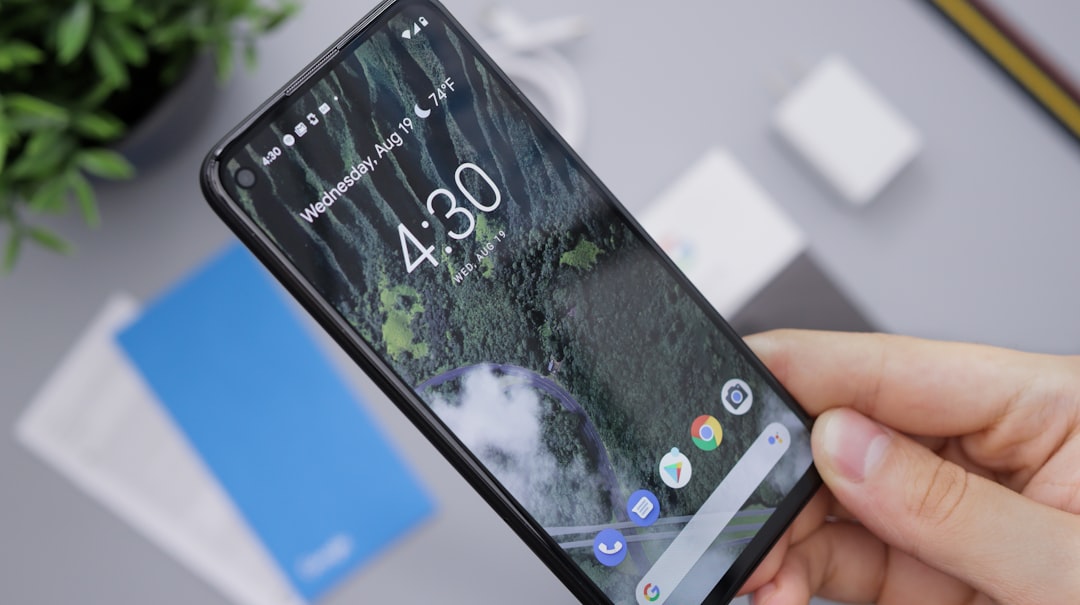Georgia's SB 73 updates significantly strengthen Do Not Call laws, empowering residents to control their data and protect against unwanted phone calls. Businesses must obtain explicit consent before contacting consumers, facing severe penalties for violations. This shift demands strategic compliance approaches, including employee training, robust communication protocols, and regular policy reviews, with expert guidance from Do Not Call Lawyers Georgia essential for navigating this evolving landscape.
Navigating the ever-changing legal landscape can be a daunting task, especially in light of Georgia’s SB 73 updates. This comprehensive guide breaks down the key changes introduced by the bill, focusing on its impact on businesses and residents, particularly regarding the Do Not Call Lawyers Georgia provisions. By understanding these modifications, you’ll gain valuable insights into practical steps to ensure compliance, helping your business or clients steer clear of potential legal pitfalls.
Understanding Georgia's SB 73: Key Changes and Their Impact

Georgia’s SB 73 updates have brought significant changes to the state’s legal landscape, particularly in relation to Do Not Call laws. This legislation aims to protect residents from unwanted phone calls and sales pitches, while also providing businesses with guidelines for legitimate marketing efforts. Key changes include stricter enforcement of existing do-not-call lists, enhanced privacy protections, and clarifications on how companies can interact with consumers.
The updates require businesses to be more transparent about their calling practices and obtain explicit consent from callers. This means that if you’ve registered your number on the Do Not Call list or expressed disinterest in receiving calls, Georgia’s SB 73 ensures these preferences are respected. It also gives consumers more control over their data, making it crucial for companies to adapt their marketing strategies to comply with these new regulations.
Do Not Call Lawyers Georgia: Implications for Businesses and Residents

In Georgia, the implementation of SB 73 has brought significant changes, particularly with regard to the Do Not Call Lawyers Georgia laws. This update aims to protect residents from unsolicited legal calls, but it also presents new challenges for businesses operating within the state. Prior to this legislation, companies engaged in telemarketing, including legal services, faced fewer restrictions, leading to a potential deluge of unwanted calls. Now, businesses must adhere to stricter guidelines, ensuring they obtain explicit consent before contacting Georgia residents. Failure to comply can result in severe penalties, emphasizing the need for legal expertise to navigate this new landscape.
For businesses and residents alike, understanding these updates is crucial. While it offers residents much-needed relief from relentless calls, it demands that companies adopt more targeted and respectful marketing strategies. Those who disregard the Do Not Call Lawyers Georgia rules risk facing legal repercussions, underscoring the importance of staying informed and proactive in this evolving regulatory environment.
Practical Steps to Comply with SB 73 Updates

Navigating Georgia’s SB 73 updates requires a strategic approach to ensure compliance. Businesses and individuals must stay informed about the law’s changes, which can be complex. A practical step is to allocate resources for comprehensive training sessions that educate employees on the new regulations. This includes understanding updated Do Not Call Laws specific to Georgia, ensuring every call made adheres to these guidelines.
Implementing robust communication protocols is another effective strategy. Utilize advanced tools and software designed to manage and track calls, helping your team stay organized while minimizing the risk of accidental violations. Regularly reviewing and updating internal policies will also prove beneficial, especially when it comes to consumer privacy and data protection, which are central themes in SB 73 updates.






